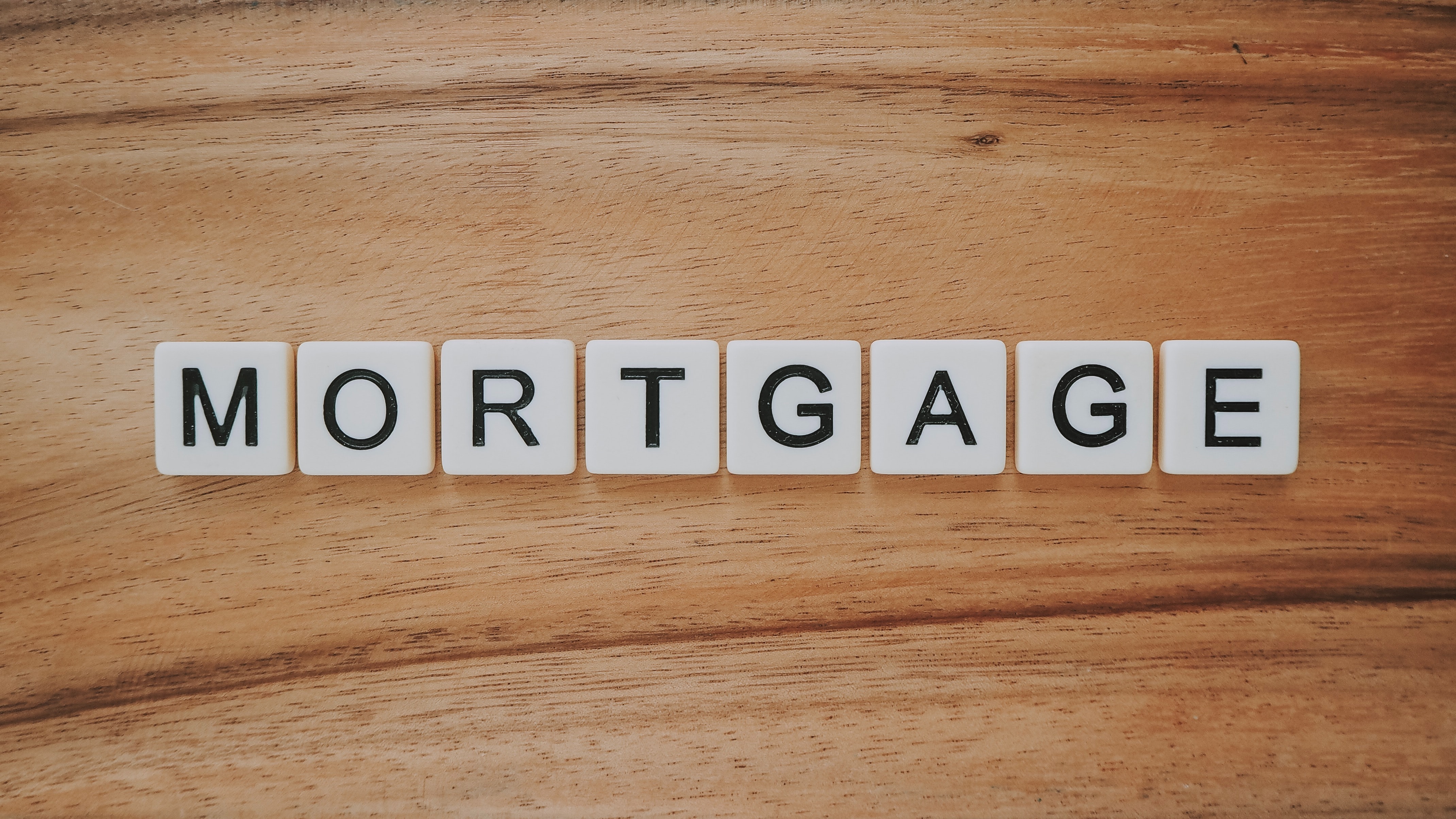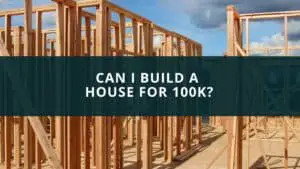
If your idea of a relaxing afternoon is surfing the net looking at million-dollar mansions, you have undoubtedly wondered how people can afford some of those stunning looking properties. How do people afford a 3 million-dollar house?
To afford a 3 million-dollar home, you will need to put down 20% for the down payment. Monthly payments will be over $10,000, and you will have to meet income-to-debt guidelines and pay cash. Regardless of which option you choose, factor in higher monthly maintenance expenses.
Whether you want to buy your multi-million-dollar mansion or wonder how others afford one, keep reading. You will learn the different strategies that buyers use to land a stunning home.
Quick navigation
Ways to Pay for Your Home
The first thing that might come to your mind is financing a home. However, many people who buy multi-million-dollar houses pay for them outright. If that is not something you can do, financing homes in this price range might not be an option. It’s more complicated than some might think.
Financing a 3 Million Dollar Home
First off, the kind of mortgages one can get when buying an expensive house is limited. If you have heard of houses with no money down or a 3% to 5% down payment, those will not apply to homes in that price range.
Most of those loans are loans backed by the federal government. Many people are familiar with an FHA (Federal Housing Administration) loan, but FHA loans are designed for borrowers who cannot afford a 20% down payment. If that sounds like you, don’t get too excited. Credit score, income limitations, and debt-to-income ratio are considered in FHA backed loans.
A debt-to-ratio calculation compares your debt payments to your income. The combined amount of your total debts, car payments, credit cards, student loan, and house payments can not be more than 43% to 50%. Homebuyers who reach those income levels do not make enough to meet that ratio.
More importantly, FHA loan limits quickly eliminate your dream home. These caps can vary. However, even high-cost areas have limits around $750,000. Anything higher and a mortgage lender is not allowed to sell you an FHA loan.
USDA loans for low-income borrowers and VA loans for veterans also have similar stipulations.
You Will Need a Conventional Mortgage
So forget about the 5% down, which is $150k of $3 million. Getting a mortgage on a house in that price range will require you to get a conventional mortgage. And in most cases, the bank will ask that you pay 20% down, a hefty $600,000.
You will need to bring more than that amount to the table. The bank will charge additional fees, known as closing costs. These include the following:
- Loan origination fee. The fee the lender charges to pay for the expenses of processing a loan, which includes verifying the information you give and ensuring all documents are in order. Banks set their loan origination fees. You should expect to pay a minimum of half a percentage point, although it can go higher. Add a minimum of $15,000 to the down payment.
- Appraisal fees. The lender will charge you for the cost of determining the value of the home you wish to purchase. Expect to pay around $500 for the appraiser.
- Title search. The bank will want to know if there are any liens or other outstanding issues on the property. Expect to pay $200-$300.
- Miscellaneous fees. Notary, attorney, or recording fees. A buyer will have to pay an attorney, recording, and notary fees.
- Escrow. Money that will be placed in an account to cover property taxes, insurance, and other expenses. However, if you put 20% down, the lender might waive this initial expense. In that case, you would have to pay those individually every month.
Some of these can be negotiated while others are set. Since some of these fees vary by location, especially taxes, a rough estimate is 2% to 5% of the home price. So expect to pay between $60,000 and $150,000 in addition to the 20% down payment.
If you want a more precise figure, use a closing-costs calculator. Some major banks have one, such as Bank of America, and financial and investment sites such as SmartAsset.
Monthly Mortgage Payments
Next comes the monthly mortgage payments, including escrow and other fees. Don’t forget the Homeowner’s Association (HOA) fees when you are calculating payments. Most mortgage calculators online cannot consider them since they vary greatly. The rule of thumb is $200-$300 monthly, with higher fees for wealthier neighborhoods.
You can find many mortgage calculators online, and most are sponsored by lenders. However, not all calculators are the same. Some sites, such as SmartAsset or Quicken Loans, will do the calculations without asking for personal information. Your local bank might also have one. Other sites will not give you a calculation until you provide personal information.
Feeding those numbers into several calculators gave us an average of around $14,000 monthly payments, or $168,000 a year in house payments.
Pay Cash
If you want to avoid those expenses, you can always pay cash–if you can afford to. Many people who buy houses in that price range do precisely that.
- Business owners can take money from their profits.
- Real estate investors take the cash from the sale of another house and apply it to a new one.
- Professionals who work for firms that have hefty profit distributions they receive as shareholders.
- People who receive an inheritance use it to purchase a house.
- Lottery winners use their winnings toward a new house.
People who can pay cash outright do so to avoid paying the closing costs. However, they have another reason to do so to avoid the additional interest:
- At the end of a 30-year mortgage, interest at 3.25% will add $1,300,000 to the home’s total cost.
- A 15-year mortgage brings the extra interest down to $635,000. But then the monthly payment will be around $20,000.
Paying cash can save you a lot of money, but there’s more to affording a 3 million dollar home than buying it.
Don’t Forget the Additional Expenses
All homes have additional fees, such as property taxes, insurance, HOA fees, and electricity and water. Those are the ongoing, somewhat predictable costs. Then there are the hidden costs that people sometimes forget about. These costs are why lottery winners sometimes wind up broke. They buy a house and then forget what it will cost to maintain it.
If you own or have owned a house, you know many of those expenses, maintenance and repair bills, power, water, and remodeling expenses. People will a typical mortgage typically forget about taxes and insurance since they are part of the monthly payments. Once you own a house outright, you are responsible for those fees.
Those fees are part of the hidden costs that people who have a mortgage do not consider since they are in the monthly bill. There are also the hidden costs of maintenance and upkeep. Although any house needs both, maintaining a more expensive home will require more.
Heating and cooling a larger house costs more. A million-dollar home should not have a weed-infested yard, so lawn care costs will be increased. Your water bill will also go up now that you are watering the lawn. If your house comes with a pool, those are additional costs.
Maintenance and repair bills will also be higher since there will be more things that can break. With that much money invested in a house, you are less likely to let things slide. To estimate how much maintenance will cost, use one of these methods:
- The home-value rule. This is also referred to as the 1% rule. If you follow the 1% rule, you set aside 1% of how much you paid for the house. That would be $30,000 a year.
- The square-footage rule. This rule might be more accurate since home prices vary greatly. For every square foot budget, $1 per year.
- The 10% guidelines. A third way to prepare for maintenance costs is to place an amount equivalent of 10% of your monthly mortgage into a savings account.
You might want to calculate all three and then decide which one is right for you. Protect your expensive investment by setting aside some money to protect you against unexpected maintenance bills.
Don’t Forget the Opportunity Costs
When a person spends their money on one thing, they miss out on an alternative benefit. This is known as an opportunity cost. When you buy a 3 million-dollar-house, none of that money is being invested in stocks and bonds. Setting your sights on a less expensive home could potentially provide you with the benefits from other investments.
Conclusion
Purchasing a house is a significant investment for most people. If you decide to get a mortgage, be prepared for the 20% down payment. A cash purchase has its benefits, but whether you get a mortgage or buy the house outright, don’t forget about maintenance costs.
There are two parts to affording a home, being able to buy it, and being capable of maintaining it. Make sure you can afford both.



